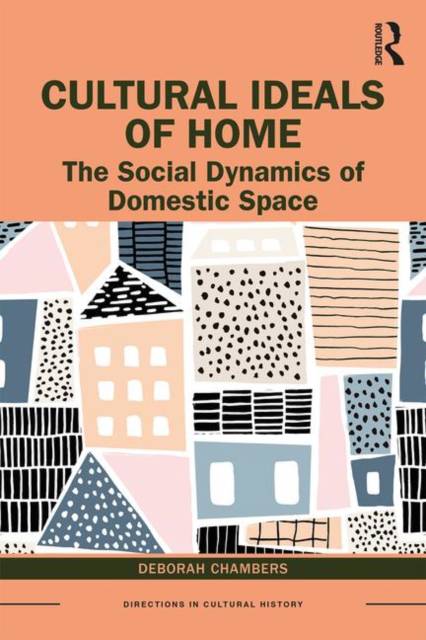
- Retrait gratuit dans votre magasin Club
- 7.000.000 titres dans notre catalogue
- Payer en toute sécurité
- Toujours un magasin près de chez vous
- Retrait gratuit dans votre magasin Club
- 7.000.0000 titres dans notre catalogue
- Payer en toute sécurité
- Toujours un magasin près de chez vous
Description
Spanning the nineteenth to twenty-first centuries, this book investigates how home is imagined, staged and experienced in western culture.
Questions about meanings of 'home' and domestic culture are triggered by dramatic changes in values and ideals about the dwellings we live in and the dwellings we desire or dread. Deborah Chambers explores how home is idealised as a middle-class haven, managed as an investment, and signified as a status symbol and expression of personal identity. She addresses a range of public, state, commercial, popular and expert discourses about 'home' the heritage industry, design, exhibitions, television, social media, home mobilities and migration, smart technologies and ecological sustainability. Drawing on cross-disciplinary research including cultural history and cultural geography, the book offers a distinctive media and cultural studies approach supported by original, historically informed case studies on interior and domestic design; exhibitions of model homes; TV home interiors; 'media home' imaginaries; multiscreen homes; corporate visions of 'homes of tomorrow' and digital smart homes.
A comprehensive and engaging study, this book is ideal for students and researchers of cultural studies, cultural history, media and communication studies, as well as sociology, gender studies, cultural geography and design studies.
Spécifications
Parties prenantes
- Auteur(s) :
- Editeur:
Contenu
- Nombre de pages :
- 244
- Langue:
- Anglais
- Collection :
Caractéristiques
- EAN:
- 9781138637931
- Date de parution :
- 09-04-20
- Format:
- Livre broché
- Format numérique:
- Trade paperback (VS)
- Dimensions :
- 155 mm x 231 mm
- Poids :
- 385 g

Les avis
Nous publions uniquement les avis qui respectent les conditions requises. Consultez nos conditions pour les avis.






